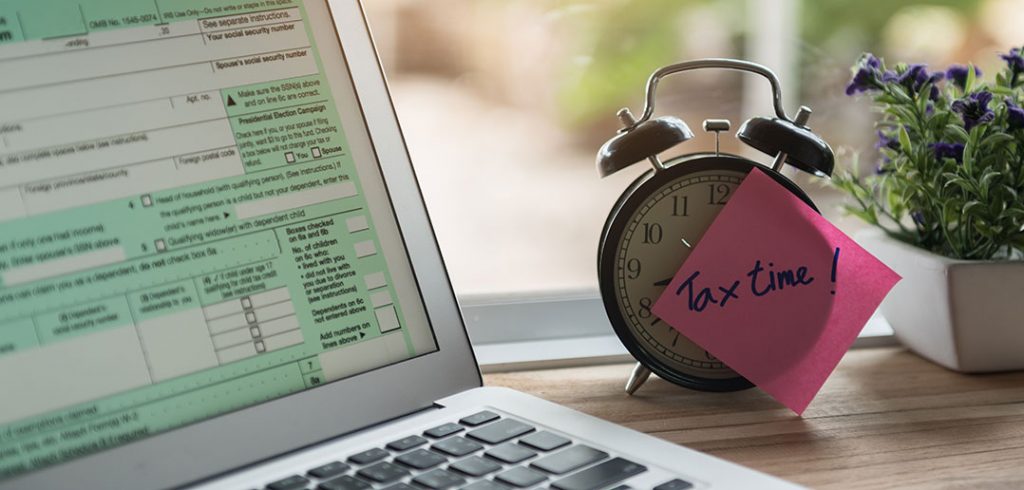For nearly 40 years, the University Neighborhood Housing Program (UNHP) has been working to create and preserve access to affordable housing in the northwest Bronx and provide resources to low-income Bronx residents, like free tax preparation and financial literacy workshops.
This spring, UNHP got some help from Fordham students enrolled in Spanish for Heritage Speakers, an undergraduate course taught by professor Miguel García, Ph.D. García’s course helps heritage speakers—people who grew up speaking at least some Spanish at home—develop their grammar, writing, and reading comprehension skills. But it’s about more than mechanics; students also explore issues important to the Latinx community, including immigration, identity, and race relations.
Enter the partnership with UNHP, which was founded in 1983 with help from the University and has a long history of working with Fordham. Aware that the nonprofit was interested in recruiting more volunteers to help during tax season, Julie Gafney, Ph.D., executive director of Fordham’s Center for Community Engaged Learning, played matchmaker.
“I knew that Miguel was looking for opportunities for his [students]to spend some time in the Bronx, getting to know the Bronx community, and … it just seemed like a good fit,” Gafney said.
And it was. During the semester, students used their newly honed language skills to volunteer weekly with the organization’s virtual tax program. They spoke with Bronx residents who called UNHP’s tax hotline and helped them begin the process of filing virtually. Students were hands-on throughout the process, from asking filers preliminary income and technology questions to ensure they had the necessary forms, to using Google Meet to verify a filer’s identity and review their documents.
For many students, working with Spanish-speaking Bronx residents in this way hit close to home. Rising sophomore Thairich Escotto acts as an occasional translator for her mother, helping her complete forms and understand official documents. She’s also a full-time paraprofessional for the New York City Department of Education, where one of her duties is to serve as a Spanish translator.
“I wanted to improve upon [my Spanish]because although I do feel like I speak it and write it well, there are a lot of conventions that I have trouble with, so I think that this class really has helped me improve upon that, and, grammatically speaking, I’m speaking so much better in Spanish,” she said.
And although she wishes she could have worked with people “under different circumstances, maybe in person,” she said the course “really helped me feel like I was contributing to my community.”
For Anna Margarita Canero, GSAS ’21, UNHP’s volunteer coordinator, the collaboration was a success.
“Having Spanish-speaking students on the phones was a tremendous help, especially since taxes can be a sensitive topic. We are so grateful for our student volunteers who took the time to learn the virtual tax process this year,” she said. “Having enthusiastic, patient, and hard-working volunteers made all the difference.”

